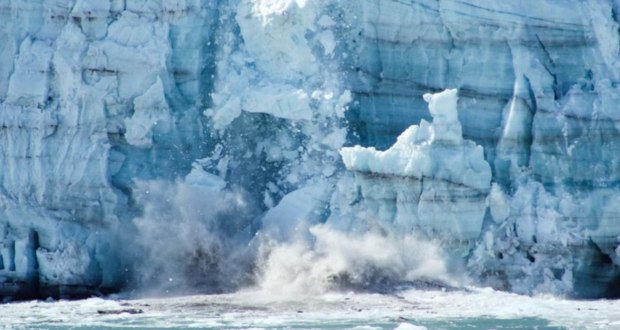As the Arctic ice recedes, previously inaccessible resources such as oil, gas, and minerals become available, tempting major powers like the United States (US) and Russia, to exploit them. However, this exploitation comes at a cost—accelerated climate change due to increased greenhouse gas emissions. The long-term consequences of losing the protection offered by the Arctic sea ice would mean that the Earth would experience catastrophic global warming.
Rationality dictates that for the global commons to survive, all states should converge towards collective action for the long-term preservation of the Arctic.
Analysing the dynamic of the Arctic from a strategic decision-making perspective underscores the imperative of maintaining the balance between cooperative efforts to safeguard the Arctic from the impacts of climate change and the individual pursuit of new resource opportunities arising from the melting sea ice. Rationality dictates that for the global commons to survive, all states should converge towards collective action for the long-term preservation of the Arctic.
To understand the dynamic, we must identify the key Arctic players. Firstly, there are the members of the Arctic Council—the primary intergovernmental forum on the Arctic, consisting of the US, Russia, Norway, Finland, Sweden, Denmark, Canada, and Iceland. Then, there are the emerging Arctic states—members of the Global South who have taken an increased interest in Arctic policy. These are China, which is interested in gaining access to the Arctic’s resources and has declared itself to be a “near-Arctic” state, and India, which is concerned about the scientifically-established connection between the loss of the Arctic sea ice and the increasing instability of India’s monsoons.
Currently, much of the Arctic Council’s work has been suspended as a result of the Western boycott of Russia due to its invasion of Ukraine. This divide is further exacerbated by the accession of Sweden and Finland to NATO, creating a “West and the rest” dynamic at the Arctic Council. All Arctic Council members have a rational interest in avoiding a further escalation of Arctic tensions to avoid spillover from the Ukraine conflict.




